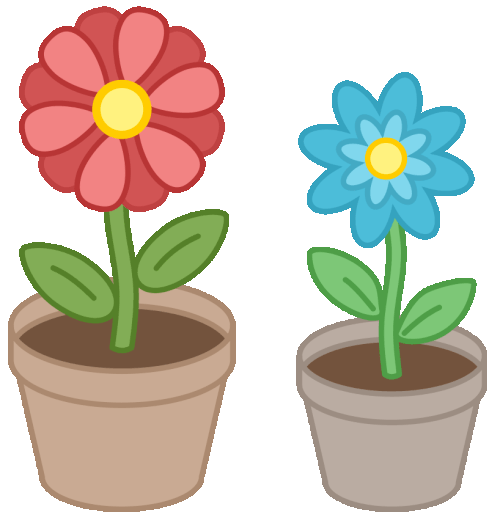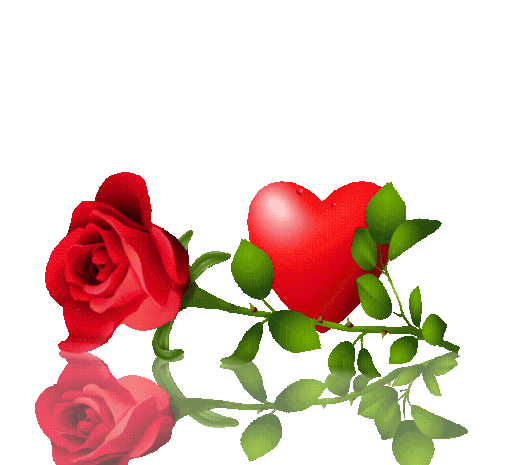

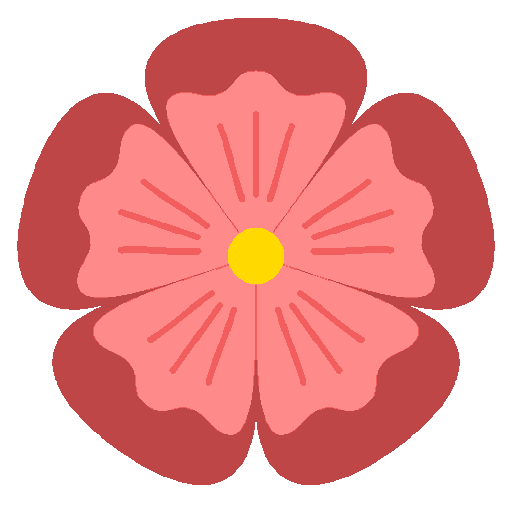


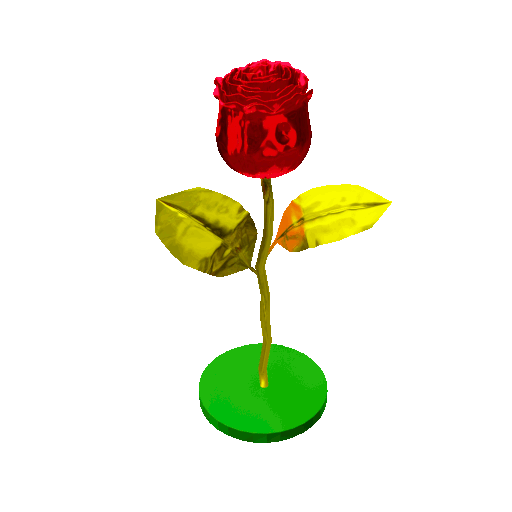
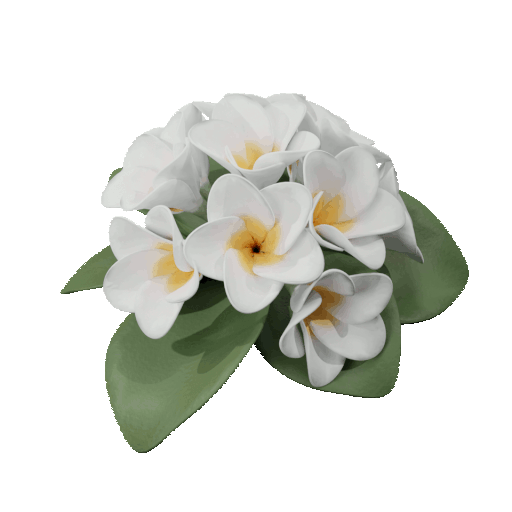
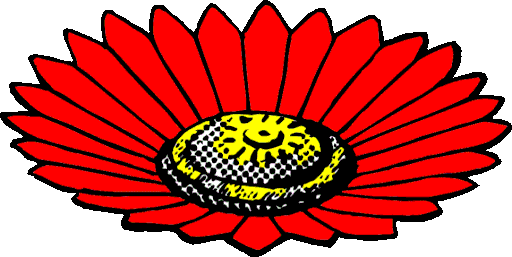







THE LANGUAGE OF FLOWERS
First posted August 16th, 20XX // Last edited January 27th, 20XY
Flowers are nature's gifts to us. And we've found all kinds of ways to give each and every one their own sigificance. Before you give one to someone - or buy one for yourself - look through the Official Eleazar Florist's catalogue for all the individual symbolism! Stay tuned... I'll be adding to this collection! :)
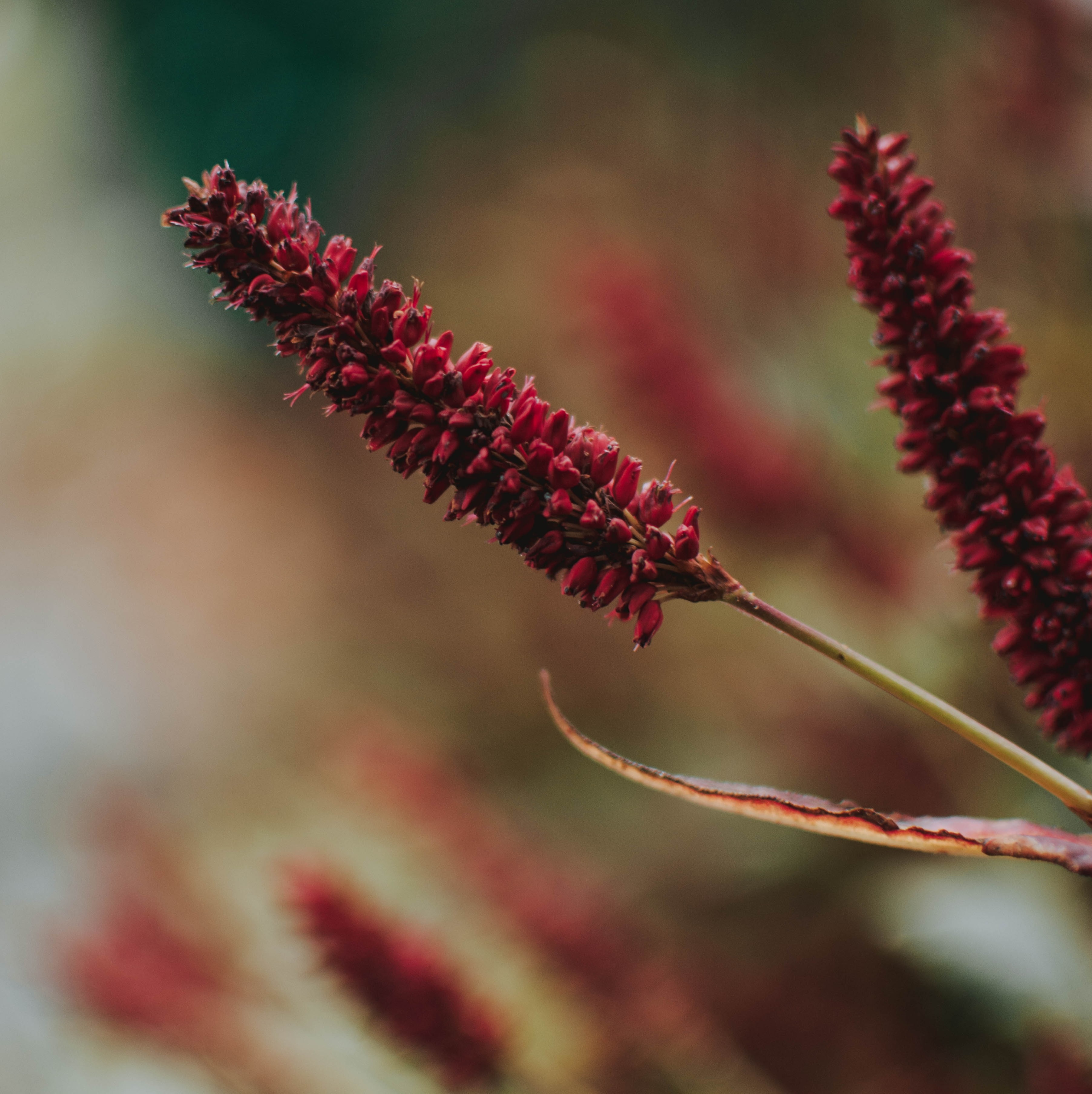
Amaranth (Immortality) These are some tough flora! They have a reputation for not withering or fading easily - they even tend to stay strong and red in death! There's a classic book where amaranth are in the Garden of Eden, because they were 'removed' from heaven. It's kind of scary... but isn't that exciting? |
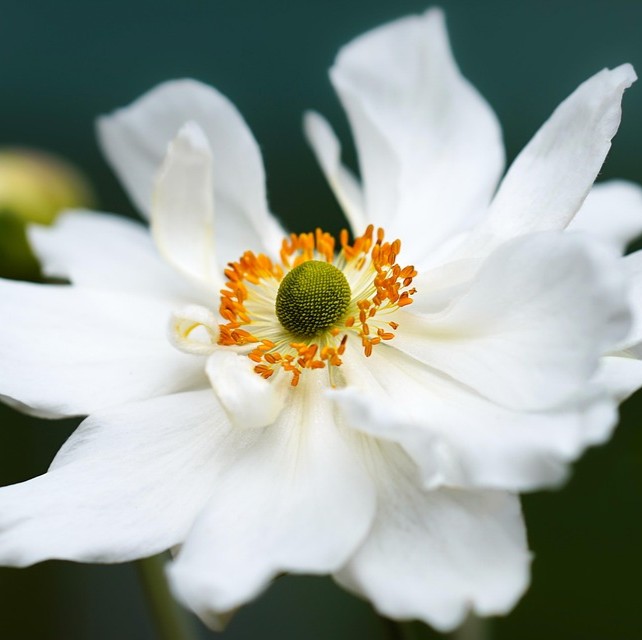
Anemone (Anticipation) Windflowers are delicate, like their petals could disappear to the wind. Fittingly, they're viewed as the flower of the dead in Japan, but also for big events like baby showers. I suppose, like the cycle of life and death, the wind is always moving. And in the center of the cyclone is a pearl. |
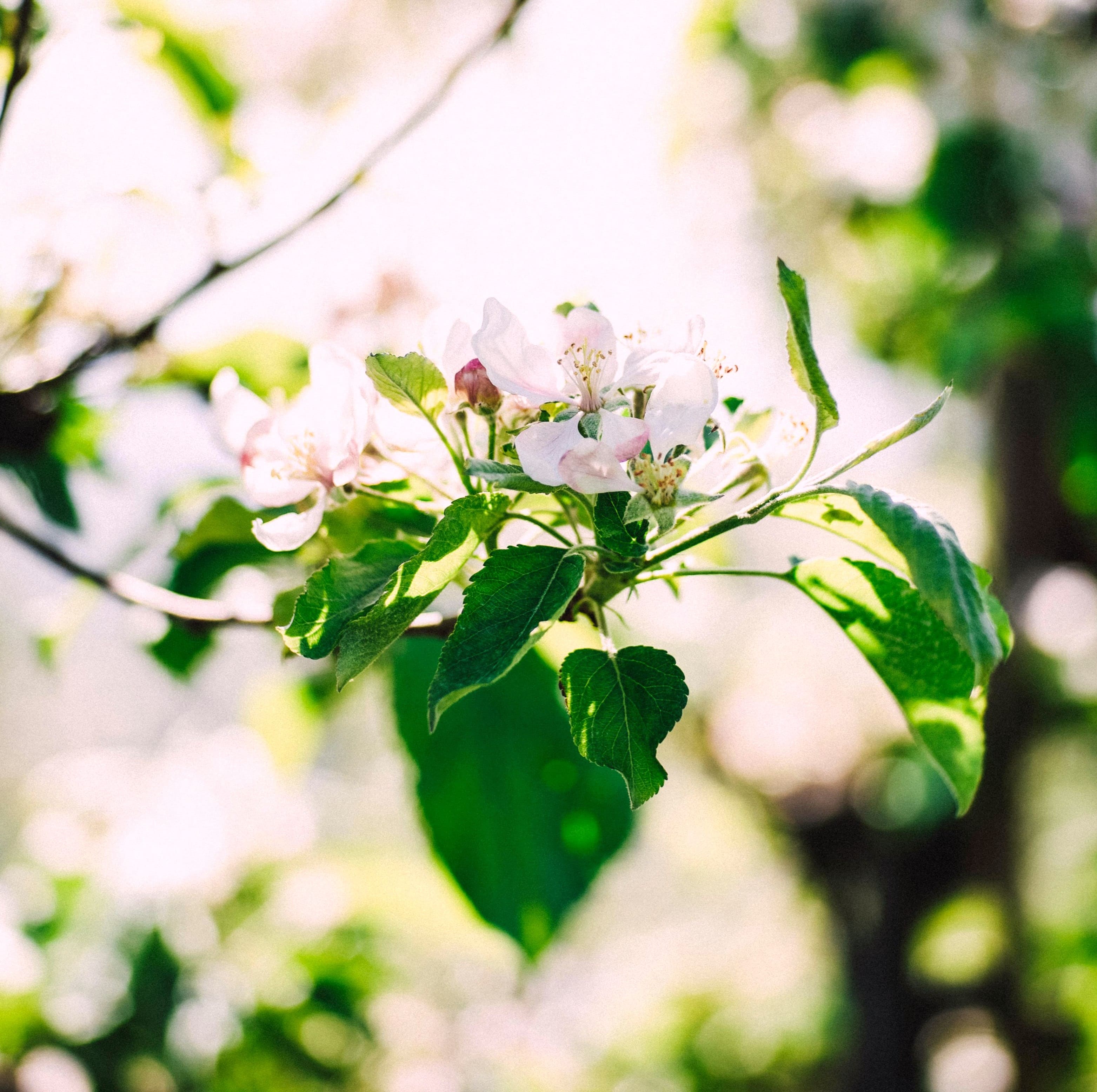
Apple Blossom (Longevity) Apples have appeared a lot throughout history, so it's come to mean many things. But for the blossoms that appear on the apple tree, I'd associate it with a long life. A life growing and enduring, into a new spring beyond a harsh winter. Despite all that we may have lost along the way. |
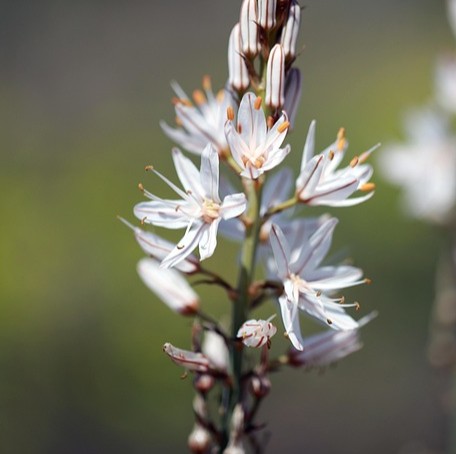
Asphodel (Death) If you know your Greek mythology, you'll recognize these creepy white flowers. They're one of the most famous plants in connection with the underworld. You'd see them on graves and the great meadows of the dead. But... life blooming from the dead is kind of beautiful. Like a resurrection. |
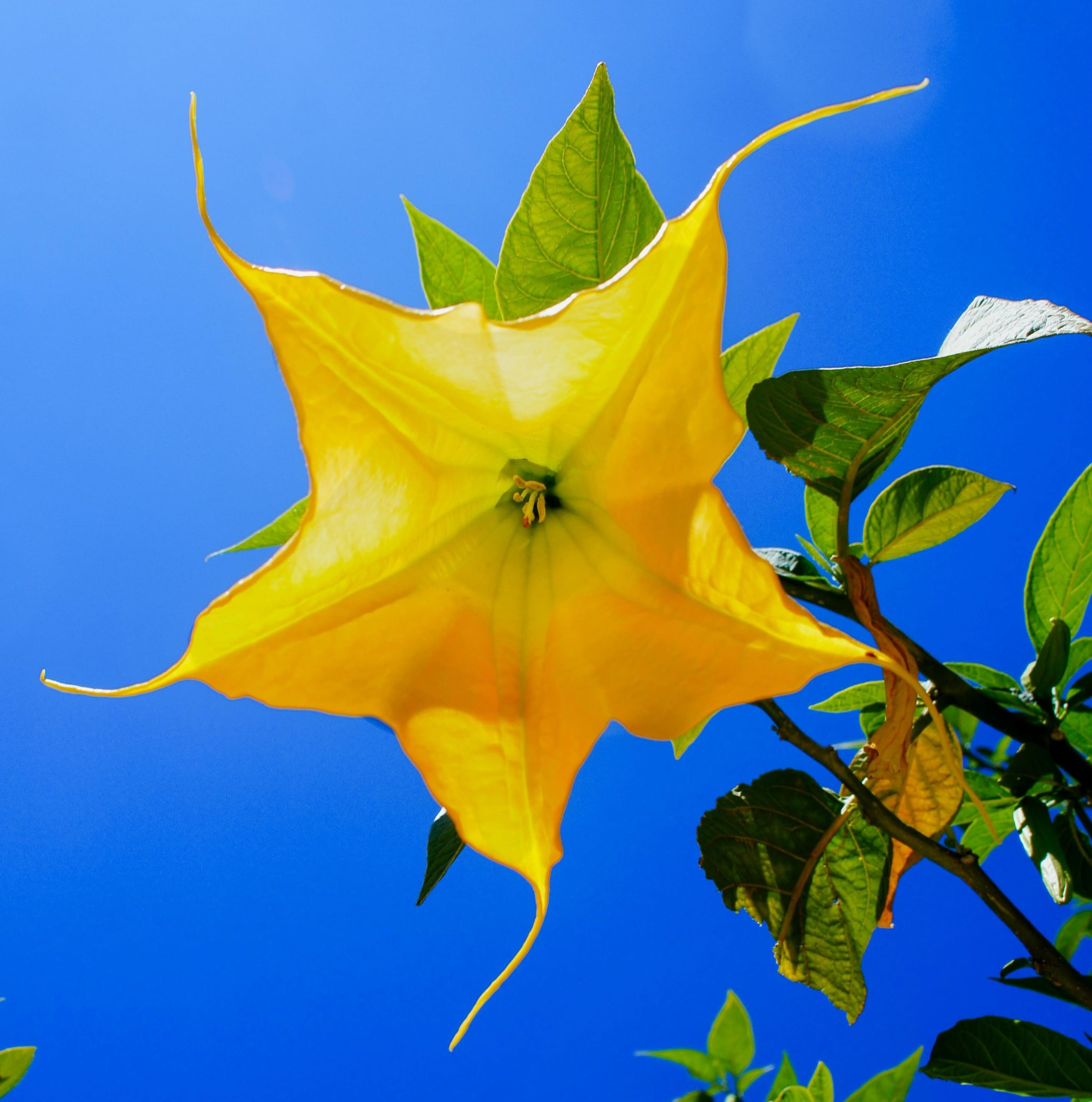
Brugmansia (Vivacity) The Angel's Trumpet has large, fragrant petals weighing the whole flower downwards. Oh, I'm sure they'd look beautiful standing high and proud, playing to the heavens. But be careful - all their parts are potentially poisonous. They're one of the most dangerous ornamental plants! |
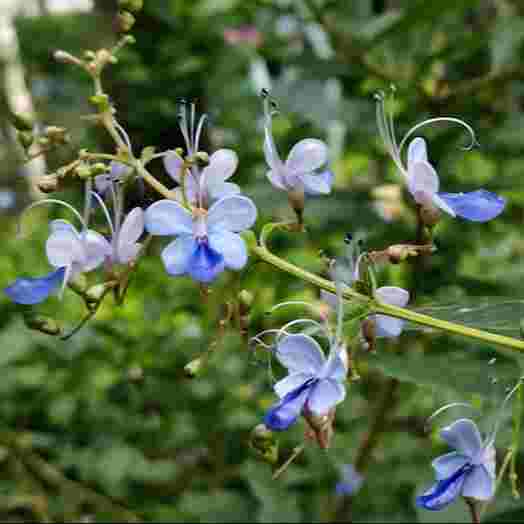
Butterfly Bush (Metamorphosis) Or the Butterfly Clerodendrum, or even the Blue Glory Bower! Either way, you can see how they get their name. The petals look just like nature's daintiest pollinators. And like them, they represent a coming-of-age transformation. Out with the old, in with the new. |
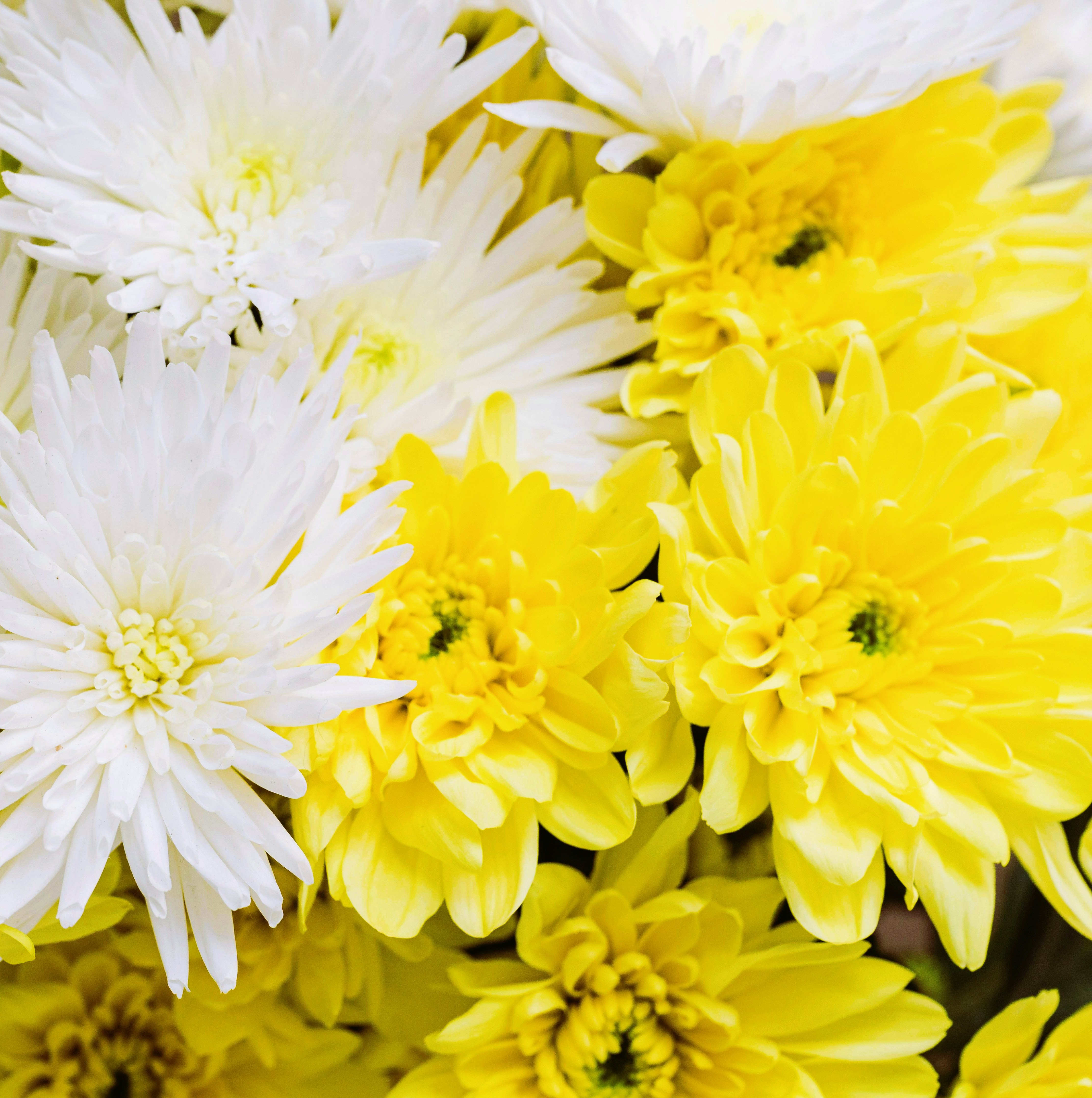
Chrysanthemum (Friendship) Their name means golden flower, though they come in all sorts of colors! But I like yellow the most, since it best represents their friendly nature. Even if, in some European countries, they represent death. I wonder how we get such contrasting opinions when looking at them. They look so nice! |
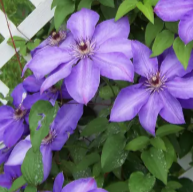
Clematis (Ingenuity) The Greek word 'klema' means a branch or part that breaks off. That's why Clematis are hardy travelers, climbing anywhere they please until they've found a perfect position. However, they also squash other flowers as they climb... and they're highly poisonous. Clever, but scary!! |
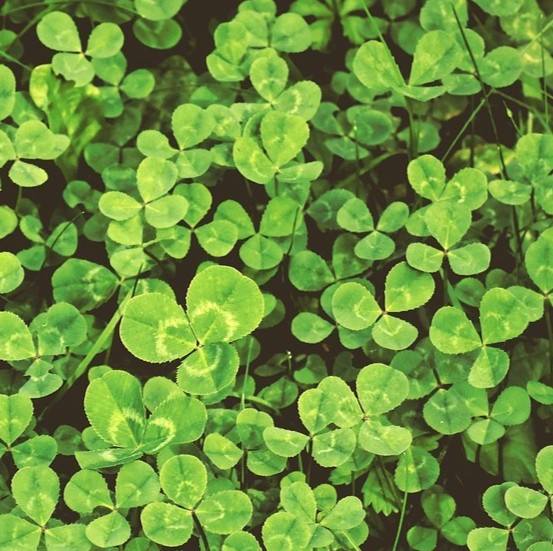
Clover (Fortune) Back in the day, they thought the clover was a sacred plant, with magical powers that could protect you from curses and bad spells. We may think a rare four-leaved one is lucky, but three leaves is what makes it iconic! So don't feel bad if you find a shamrock with one less leaf. :) |
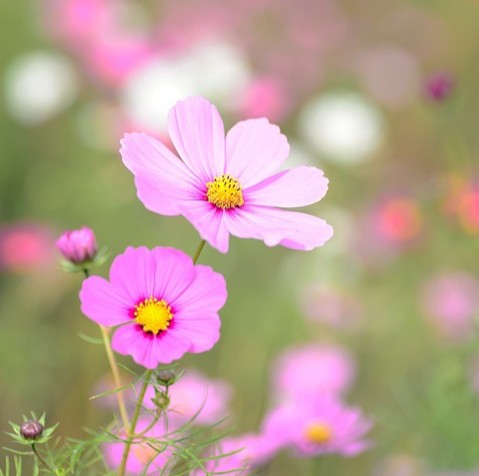
Cosmos (Order) Cosmos is a generic name that comes from the Greek word for 'ordered world' - referencing how neatly they're arranged. It's as if the whole universe is in harmony, and delicate pink cosmos represent the more sensitive, delicate side of things. I can imagine petals on a scale... so fragile! |
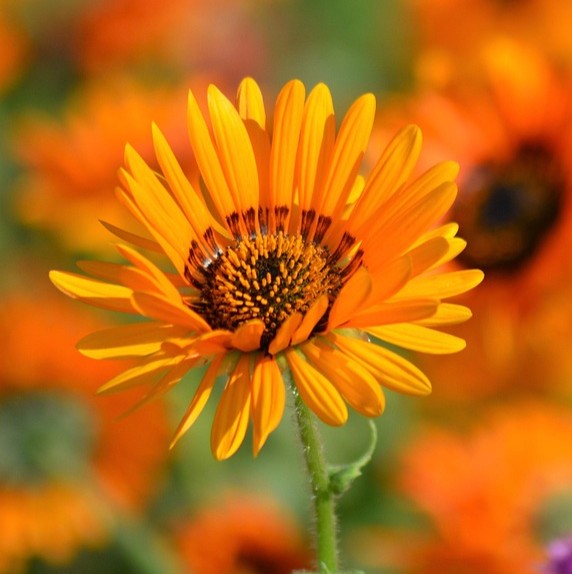
Daisy (Beginnings) Daisy comes from the Old English name meaning "day's eye". And like how the petals open at dawn and close at dusk, so does this flower represents the start of something important. I used a picture of a rare African daisy - I like these more than the ones that look like eggs. Oh crazy Daisy. |
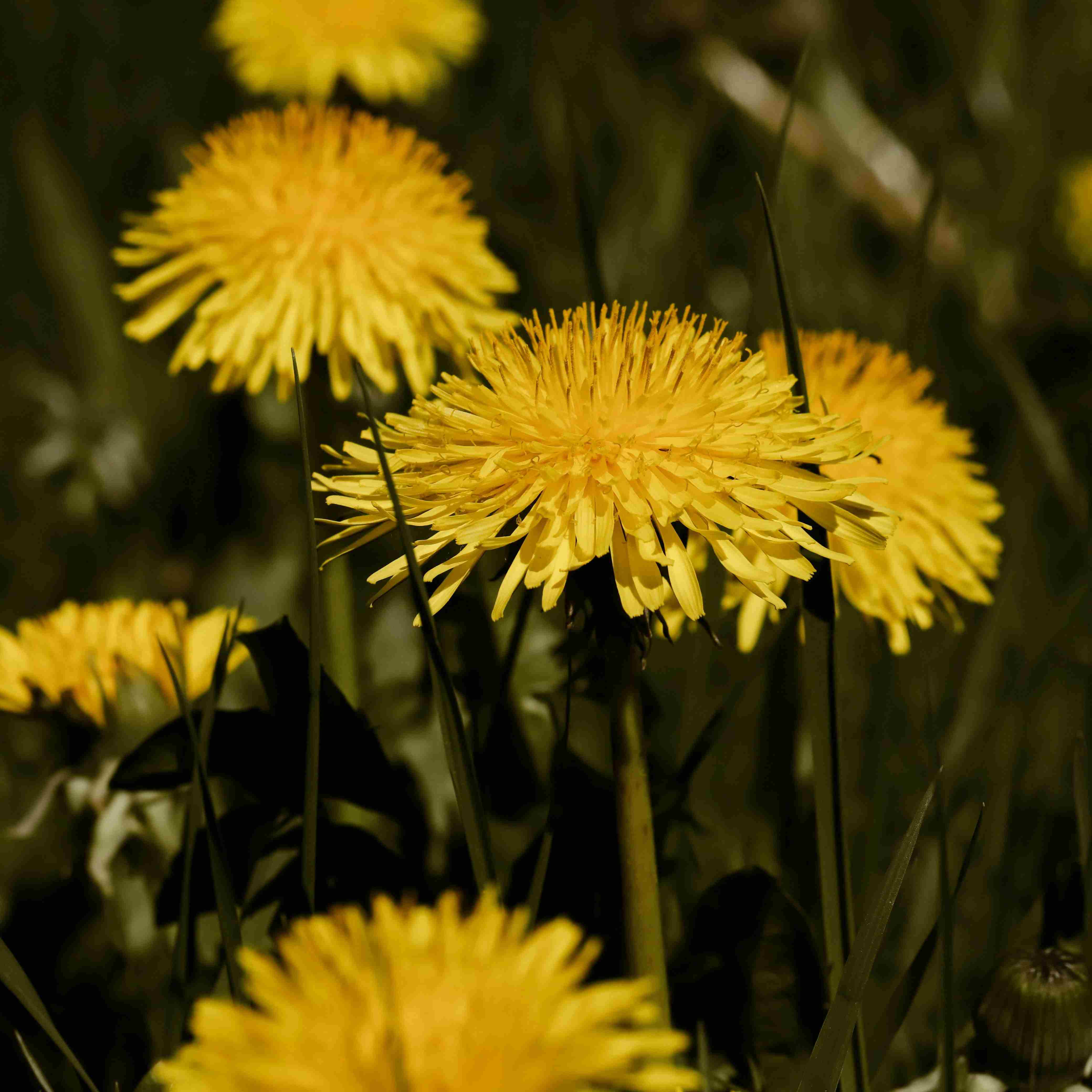
Dandelion (Resilience) We see a lot of these, don't we? In fact, the Victorian language of flowers didn't even mention these weeds. But they're some of the most admirable flora you'll find. Even in the lowest, most dire circumstances, you can always rise above life's challenges. Stay strong, and never give up!! |
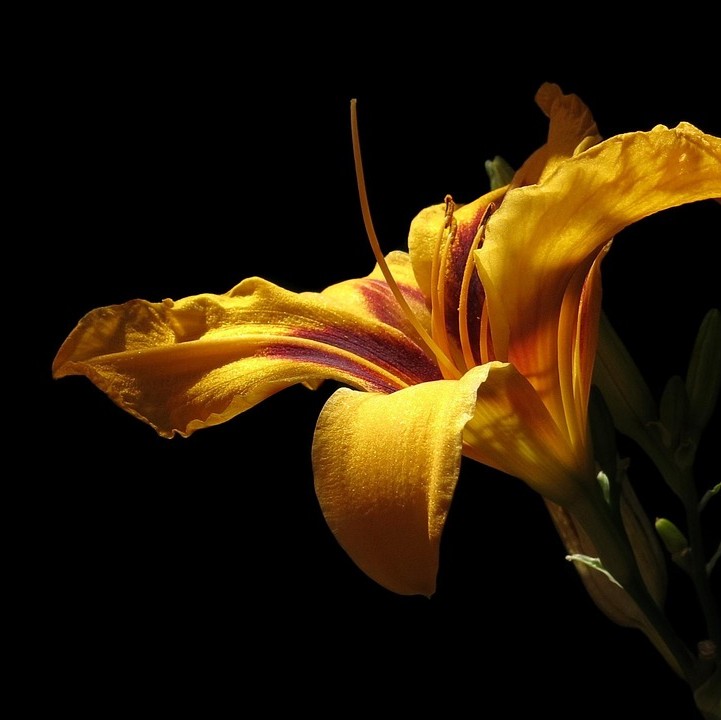
Daylily (Womanhood) Lilies are associated with an elegant femininity. Daylilies specifically are connected to filial piety - the principle of respecting your elders and family. Both come together to represent motherhood. But I think that makes them strong in their own way, too. They can protect themselves. :) |
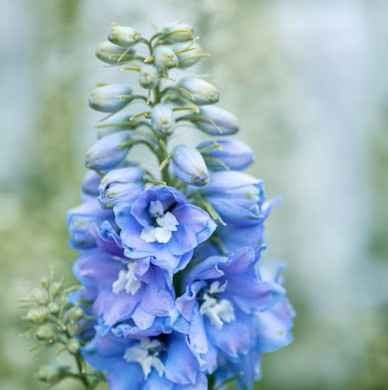
Delphinium (Openness) The buds look like dolphins, don't they? Goofy, but earnest creatures. And they make you think of the open world, filled with opportunities and experiences. It's scary - that's why you need to protect what matters most. Your mind, your memories, and your deep emotional connections. |
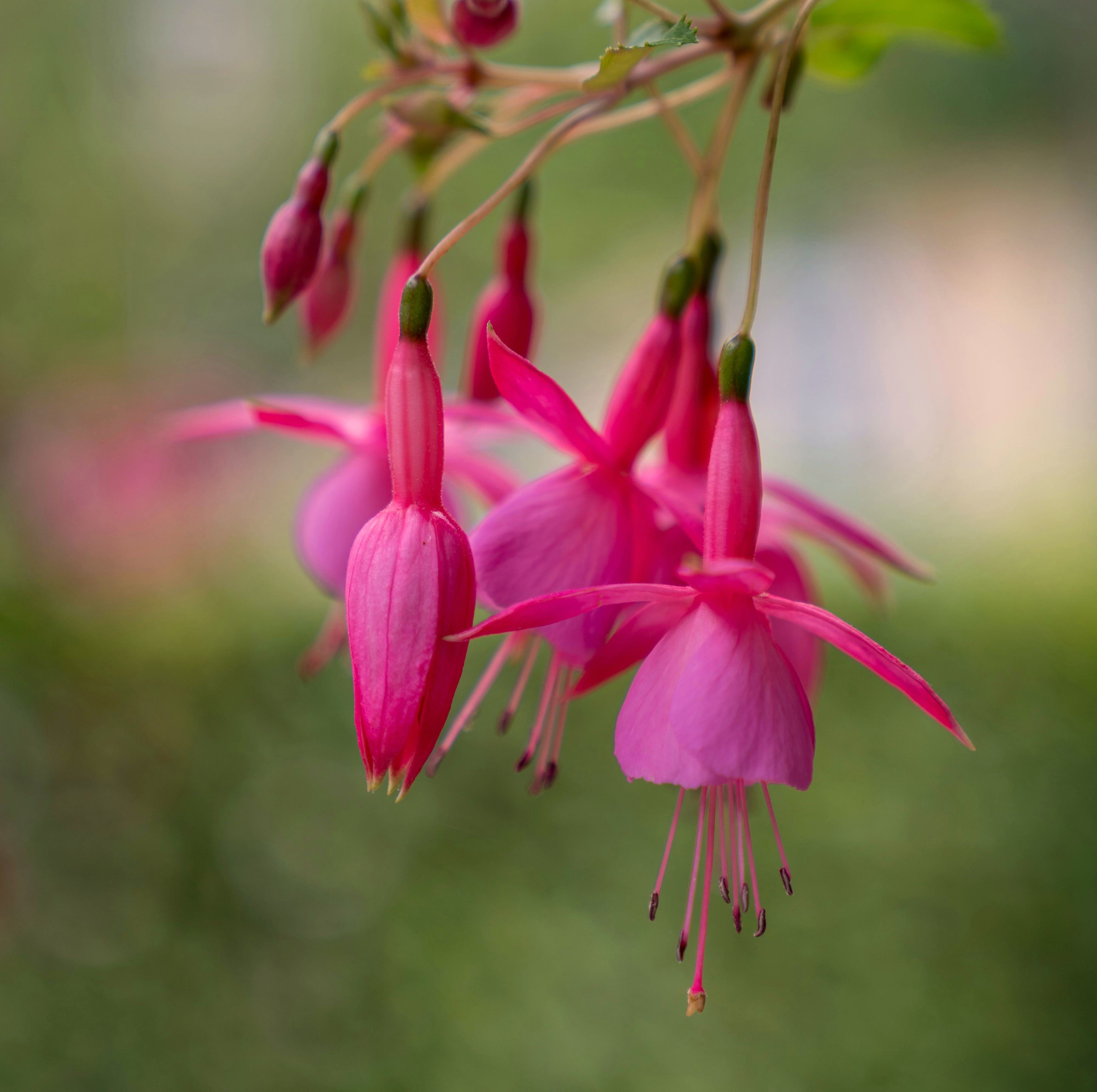
Fuchsia (Grace) These have such an exquisite shape, don't they? A skirt made of petals and stamen posed like legs... no wonder old tales thought that these flowers could magically turn into people. And their vibrant, rosy hue makes one think of a classical kind of romance. What unique, sophisticated flora! |
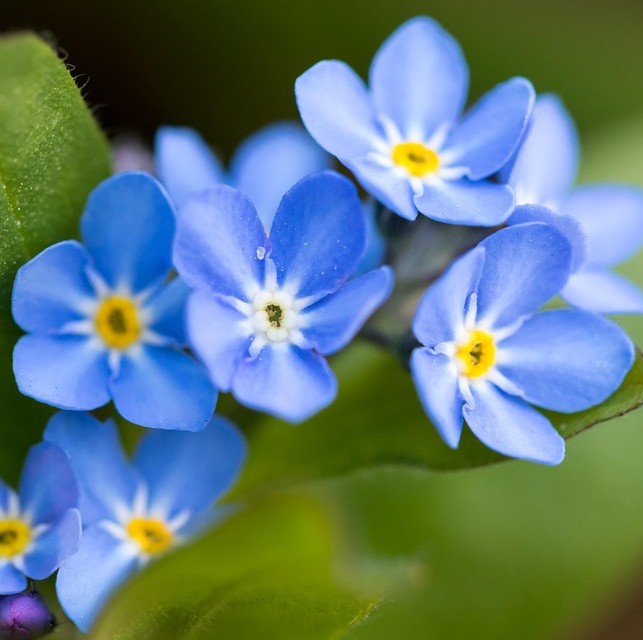
Forget-Me-Not (Eternity) As the name suggests, this flower is for the bitter end - a true and ever-lasting love. It comes from an old German tale, where a hero devoted to his lover went on a big quest to retrieve the flower. But he would die before completing his quest, and his final whispers are, "forget me not!" |
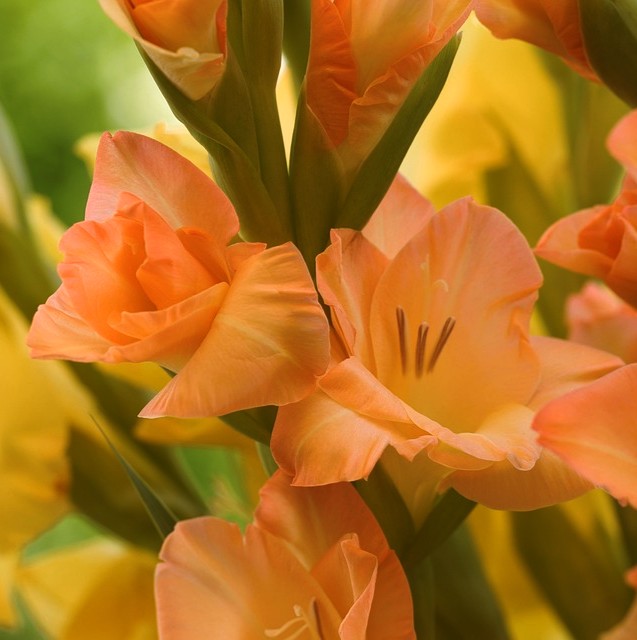
Gladiolus (Victory) Clang! Clash! These sword-shaped lilies are associated with competition and what it takes to win. Though I chose Victory for their meaning, they can just as easily represent Honor. Roman gladiators would wear them for protection, too. I think all great warriors should do that. :) |
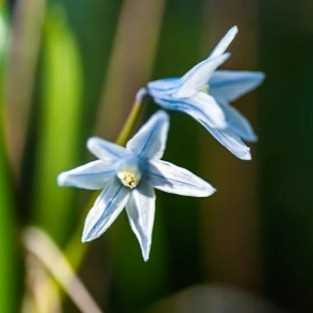
Glory of the Snow (Promise) Chionodoxa forbesii is Latin for this name, with 'chion' as snow. They called it this because it would bloom early enough to peek out of snow. With pale blue petals and a white center, it looks basically translucent! But they're tough - promising the end of hardships and a better future. |
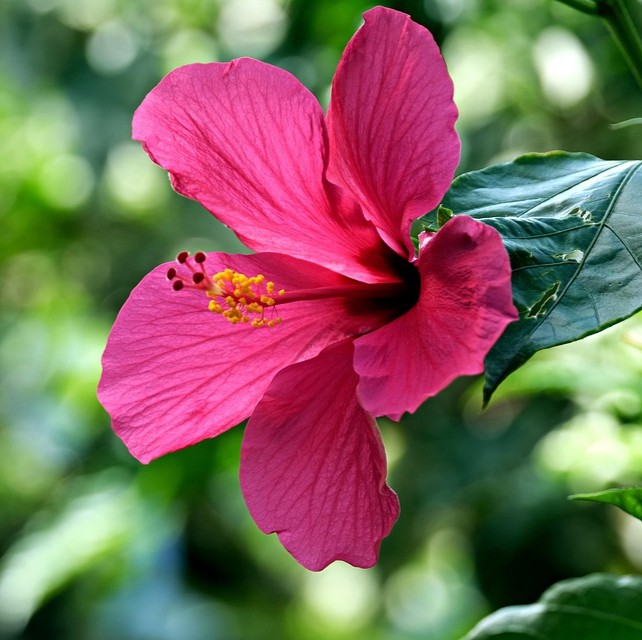
Hibiscus (Community) The flower of beautiful Hawaii! They're traditionally worn by Pacific island women, and the way they're worn even represnts their relationship status. Its visibility in their history and community really shows a strong cultural connection. I think they're one of the most beautiful flowers. :) |
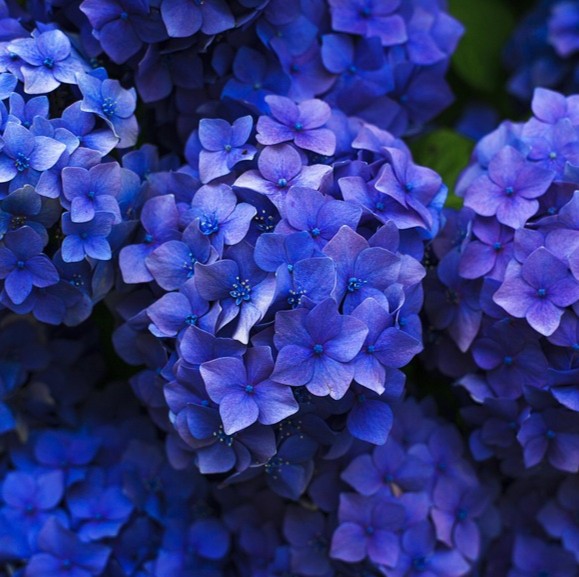
Hydrangea (Sincerity) Hydrangea derives from the Greek term for 'water vessel'. The flowers do look like little buckets, don't they? There's a Japanese legend where an emperor gives hydrangeas to the family of a girl he loved, apologizing for neglecting her. Such a heartfelt gesture would move anyone, I think. |
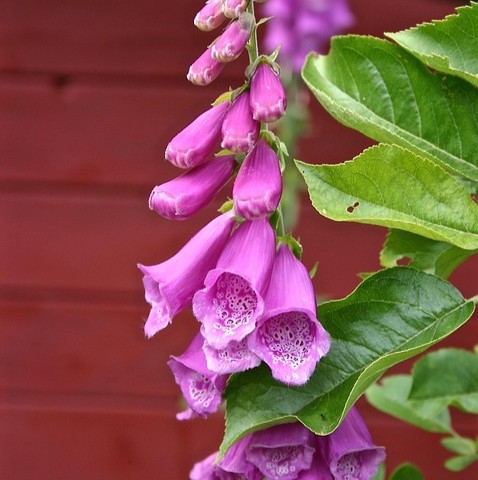
Larkspur (Levity) A lark, spurred! That's pretty much where its quirky name comes from. Its tall, claw-like petals do resemble the claws of the lark bird, don't they? And since they bloom in summer, they represent all the fun to be had during then. And they're perfect for a heart just as warm and open. :) |
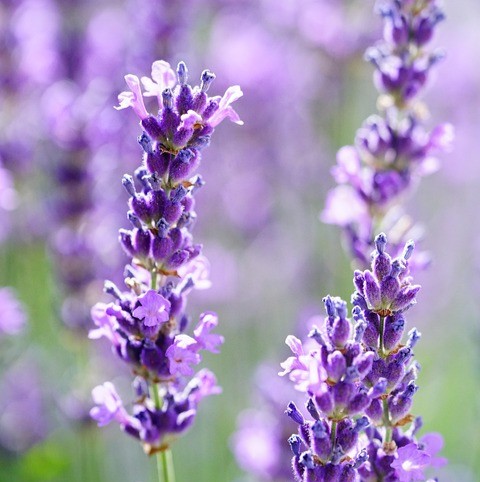
Lavender (Serenity) Purple is usually associated with royalty, but a soft purple like this has a more soothing feeling, doesn't it? Especially since they're used in a lot of fragrances. It's fitting that they come from the Latin word for 'to wash' - it's as if they envelop you and give you the peace you truly need. |
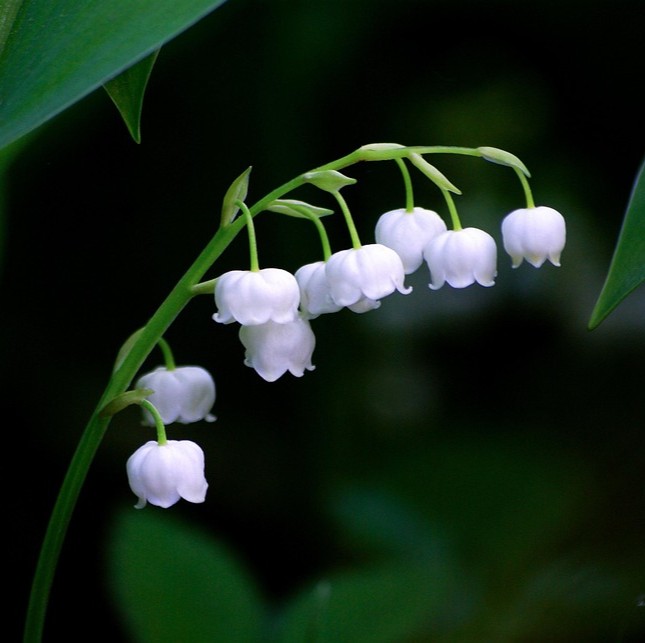
Lily of the Valley (Life) In some pagan religions, it's linked to the transition from winter to spring: the balance between life and death. In Christianity, this bloom is called 'our lady's tears', which can refer to both the virgin mother and the first woman. Life, death, in all its goodness and purity... I can only hope for it. <3 |
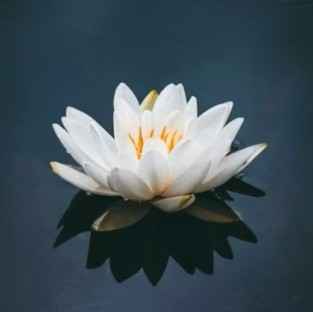
Lotus (Reincarnation) Such a beautiful flower is actually considered sacred in some places/cultures! The 'Flower of Life', they call it. Well, I would specify that it represents healing and hospitality. Bringing life anew through cleansing and enlightenment. Death is natural, but this... is something holier, I think. |
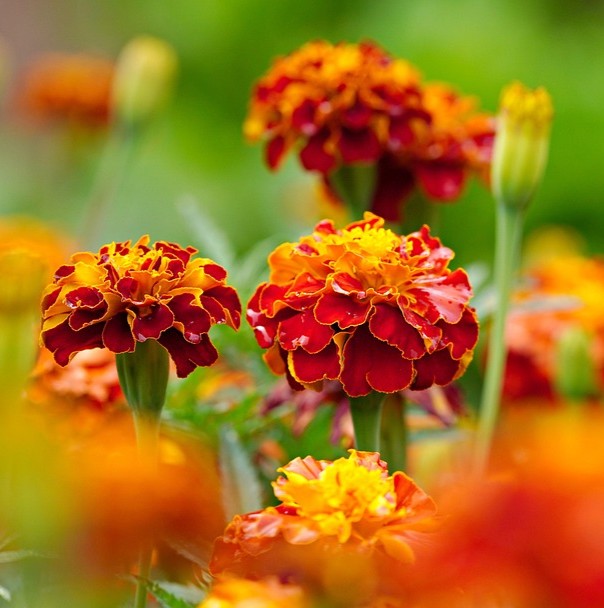
Marigold (Grief) Named after the Virgin Mary, these flowers can range from heavenly gold to a stunning blood red. It's called the flor de muerto, or the 'flowers of the dead', and their fragrance is said to attract souls to the altar. Despite this - or maybe because of this - they're one of the most popular flowers! |
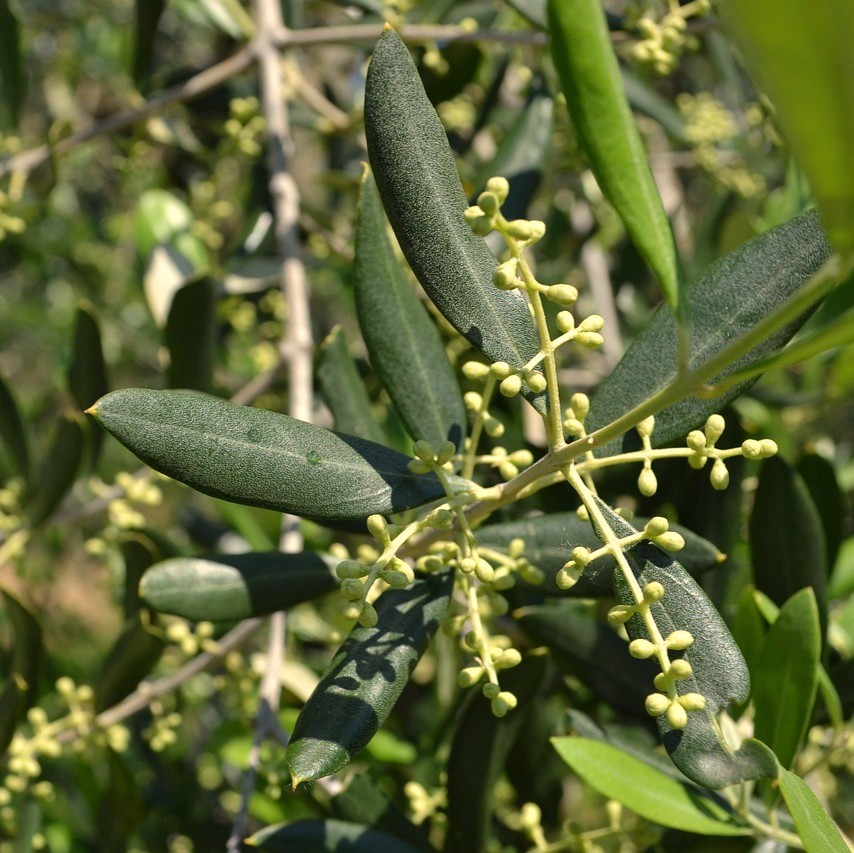
Olive (Peace) The olive tree represents a reconciliation, an end to a conflict. Like the expression, 'to offer an olive branch'. It appears in a lot of old stories, my favorite being a dove carrying back an olive leaf to show the end of the great flood. May we all receive peace from the world. |
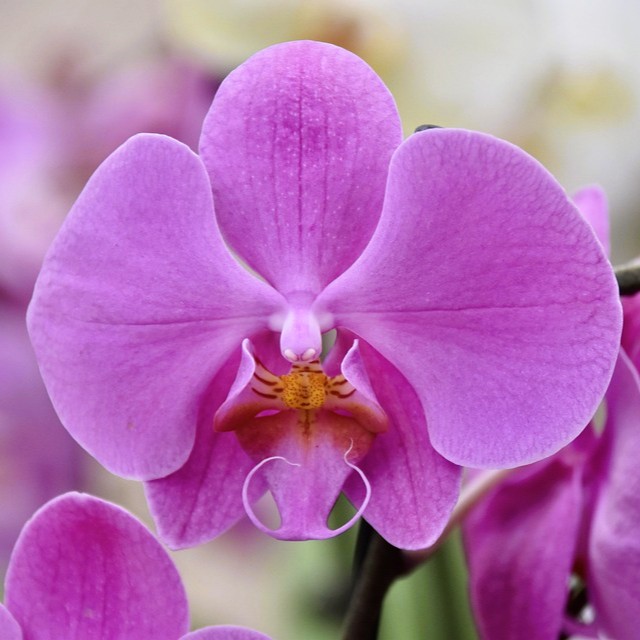
Orchid (Fertility) These flowers are named after an Ancient Greek word based off of the... phallic shape of their tubers. But don't laugh! Sex and anatomy aren't embarassing or derogatory - our bodies are beautiful, after all. And reproductive organs have never looked so elegant! ...I think. |
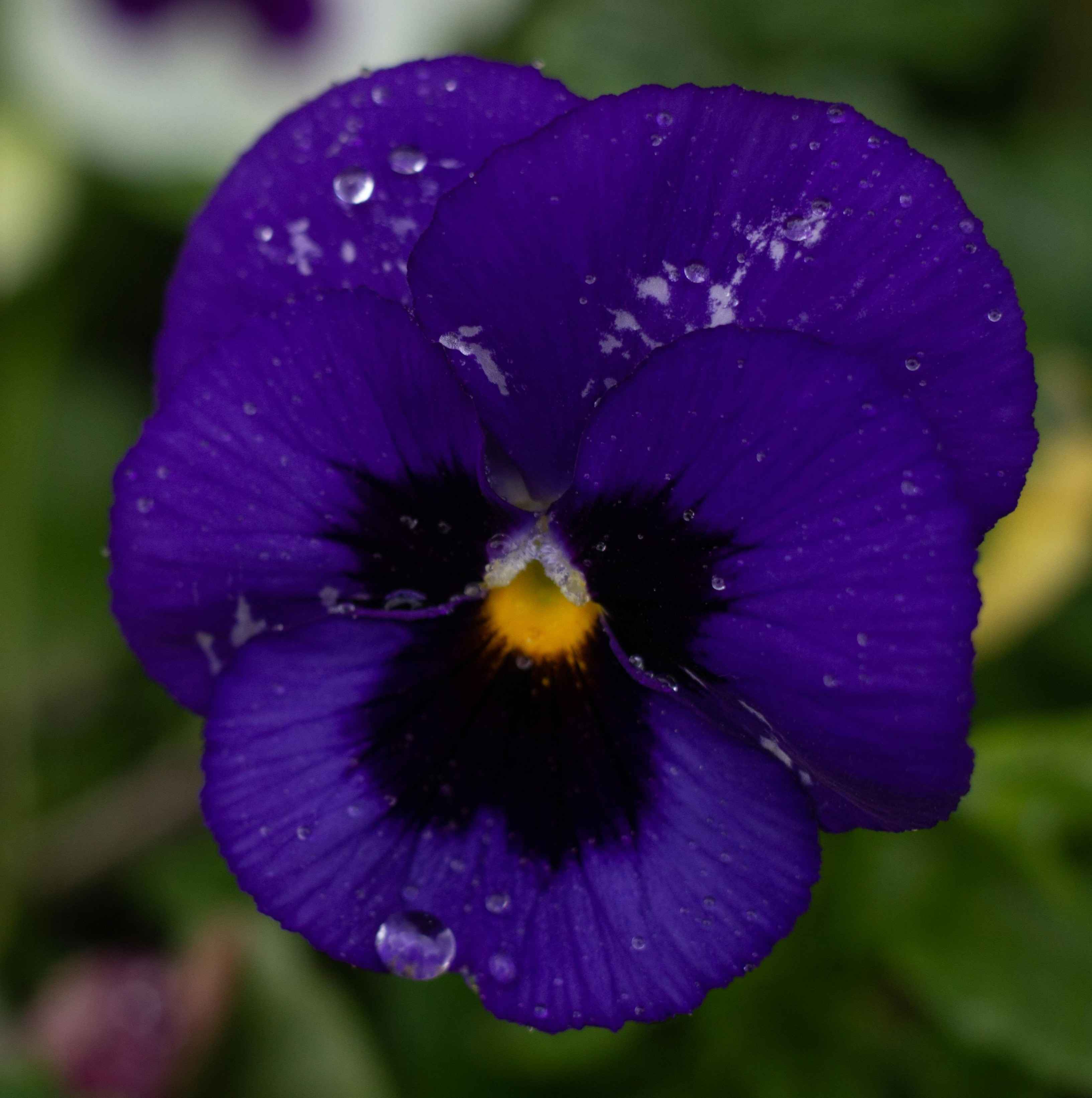
Pansy (Humility) Isn't this the same meaning as the Violet? And, yes! The common name 'pansy' is actually interchangeable, because it's a hybrid from the Viola genus. So they have a lot in common. But uniquely, pansies are also called 'heart's-ease', like a woman who takes a veil and refuses temptations. |
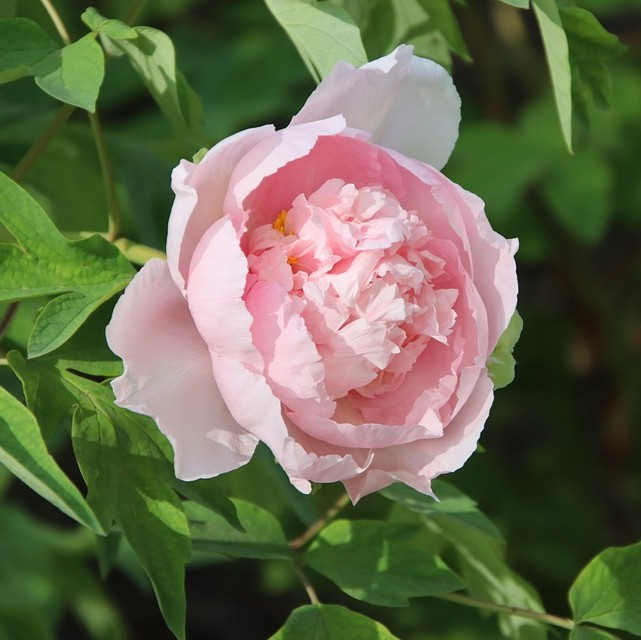
Peony (Affluence) These show up a lot in Eastern culture. In China, they're the flower of riches and honour! A lot of emperors used them, so it's no wonder they became associated with such high status. But they're so fluffy, like frills. It's softer than a king. A gentle and kind prince or princess, maybe? |
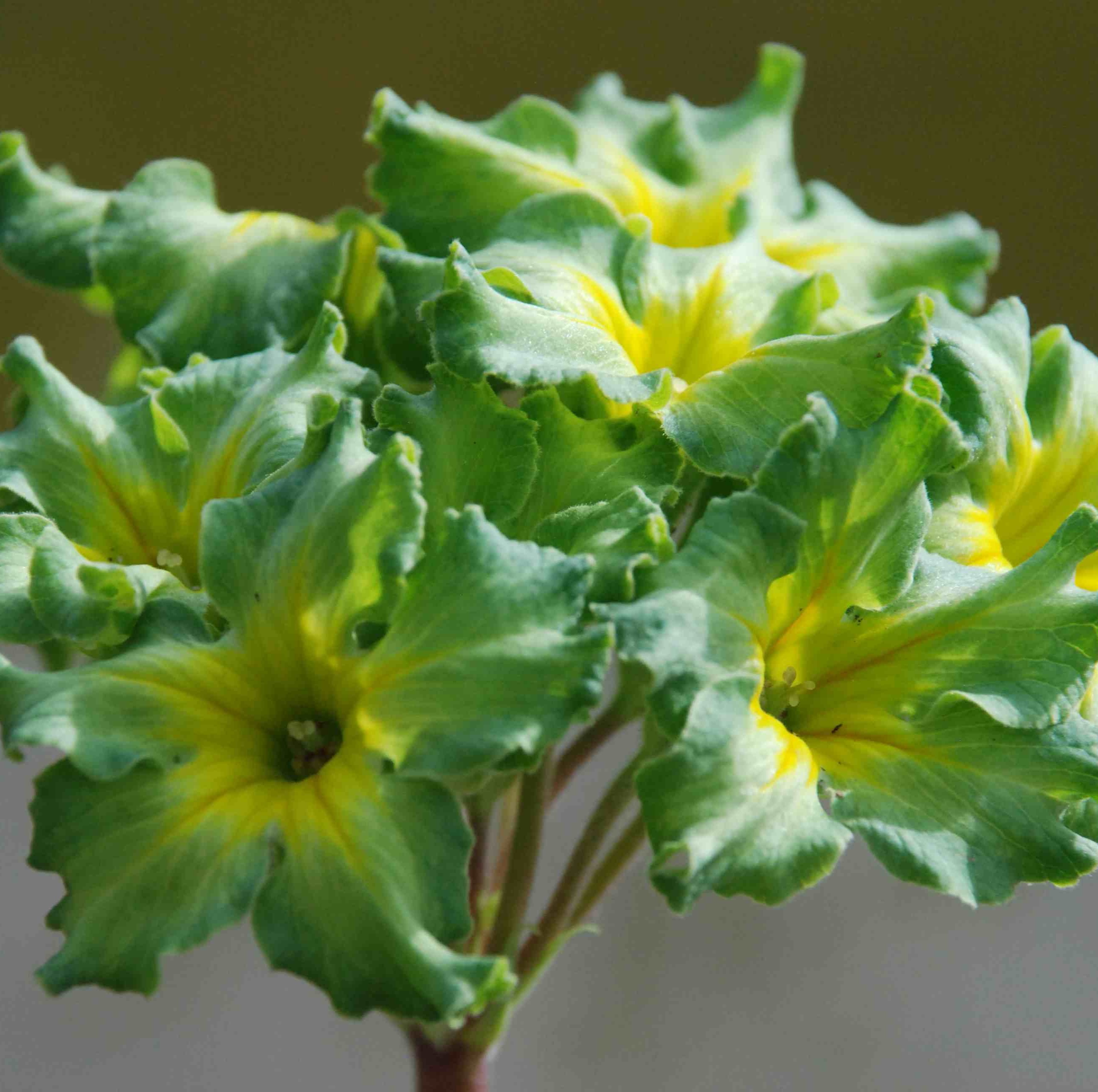
Primrose (Youth) A real 'prime' rose, since they're the first to appear in spring! Thus, these young'uns embody the dilly-dally, free nature of childhood. Being fresh-faced and doing what you want, even in the face of dire future consequences... I can see why Romantic poets talked about them so much. |
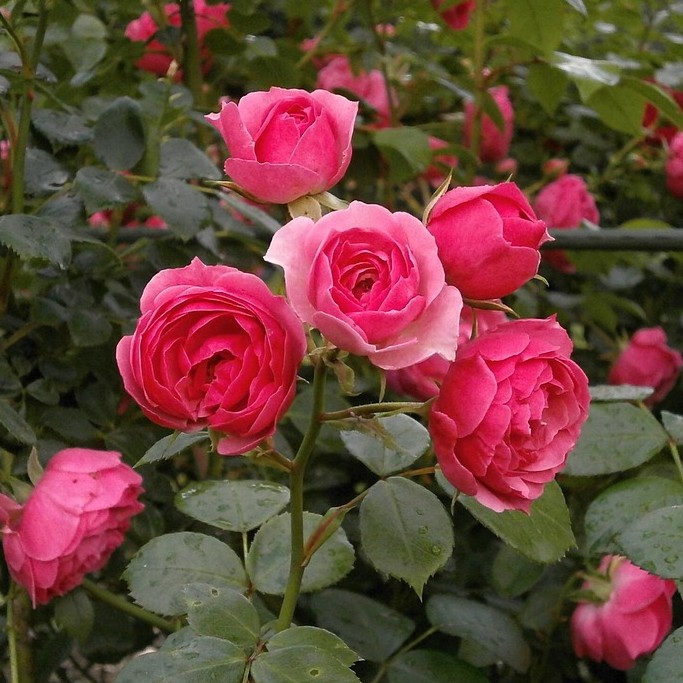
Rose (Love) A classic romantic flower! They're best known as ornamental plants, because who hasn't seen them in bouquets, decor, or even for handsome people to flourish? After all, their blossoms and oils are a lover's greatest weapons! (Imagine I said that in a really cool way, okay? Hee hee.) |
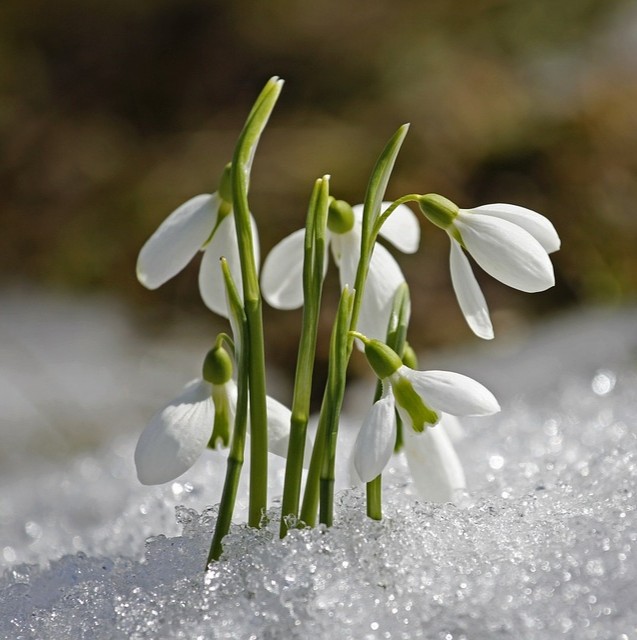
Snowdrop (Health) They say that a snowdrop is the first sign of winter's end. In some ways, that's a good thing, as it signals hope and revitalization of the earth. But a snowdrop on its own is a symbol of bad luck and death. I don't like the cold, but... I wanted to give them a more neutral meaning. |
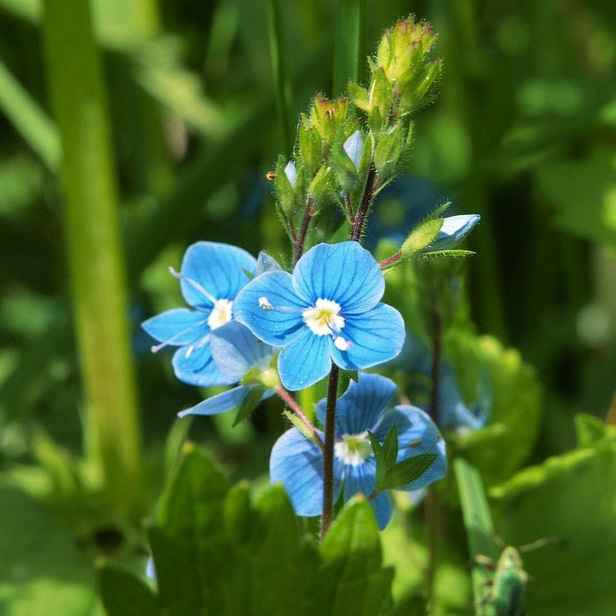
Speedwell (Travel) Godspeed, farewell, and safe journey! What a neat talisman for travelers. And what do you need on any trip? Perseverance. A clear head and healthy body. And most importantly, loyalty to those who really matter. Maybe those who are waiting for you at your destination - the finish line. |
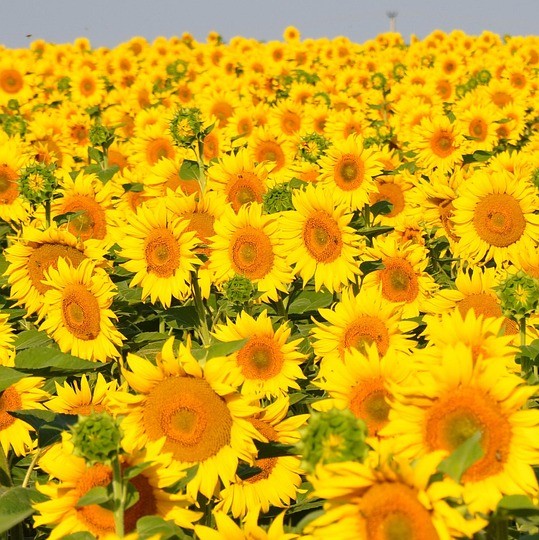
Sunflower (Light) It was summer when we visited the sunflower field. I ran up to the stalks, but I couldn't see any of their smiling faces. I reached towards the sun so I could grow big too. Then, Abati lifted me, and I could see the whole field from above. He told me this is how it looks up there, in heaven. |
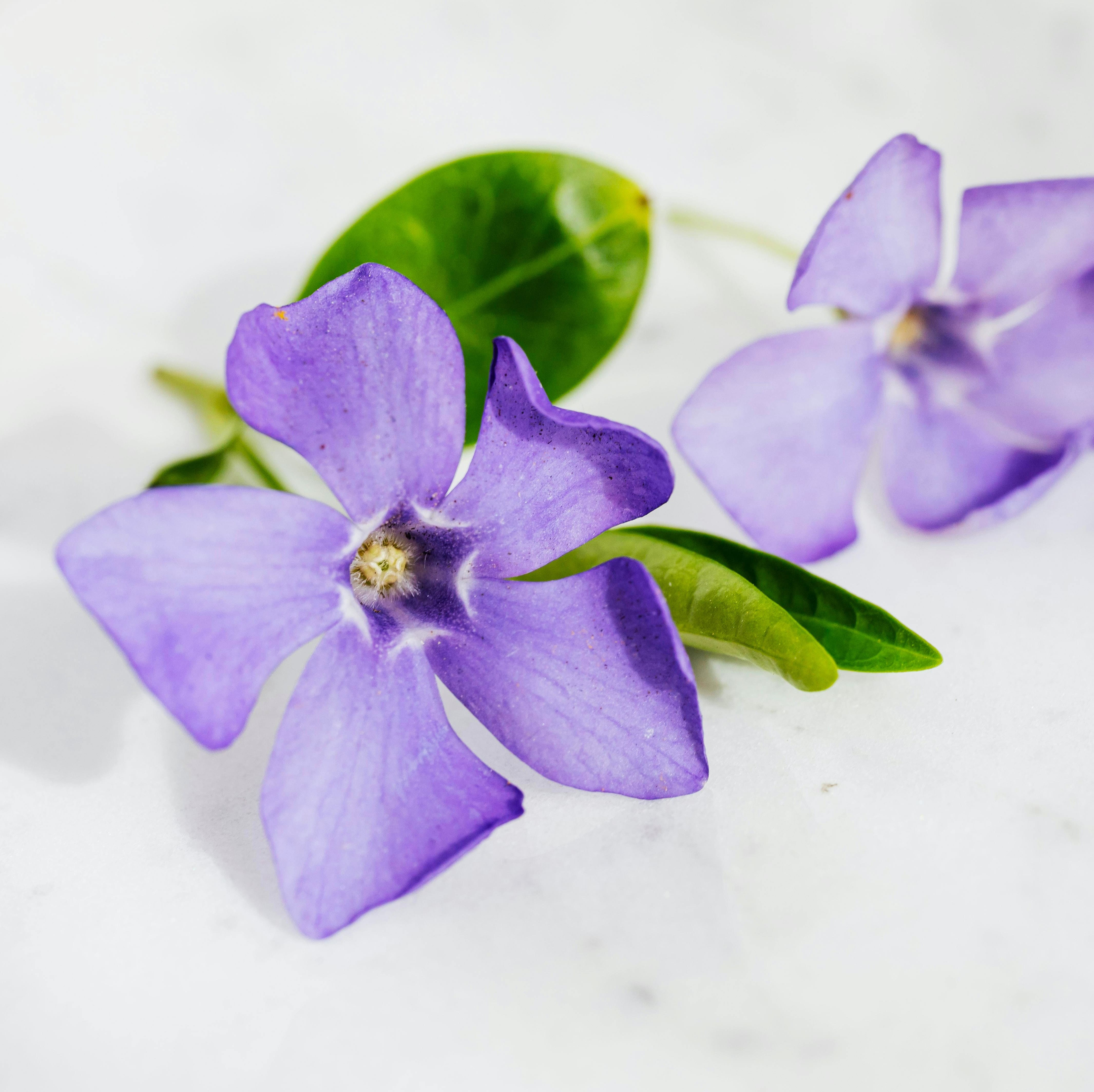
Violet (Modesty) Unlike more show-y flowers, violets have a subtle beauty to them. I've always found them mysterious, like there's more to them than meets the eye. No wonder they're linked to so much spirituality in certain cultures. With these, you've got quiet, but deep, passionate, and devoted feelings. :) |
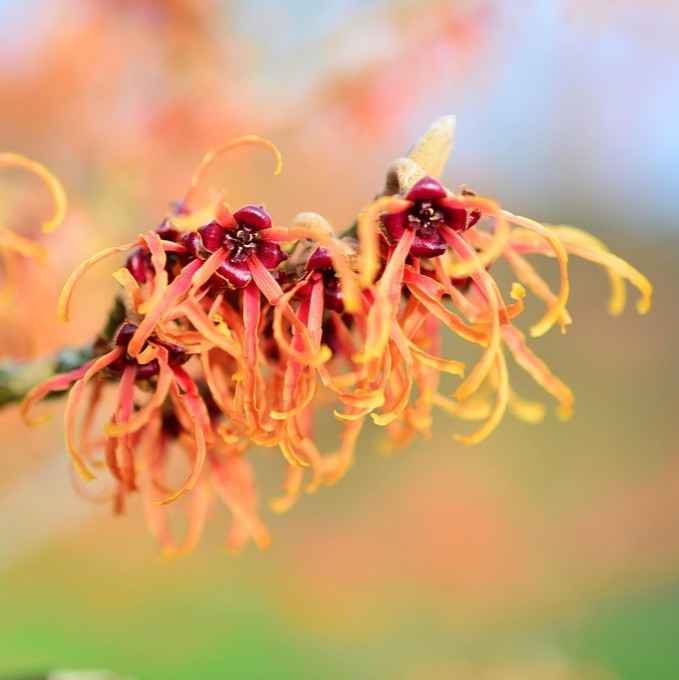
Witch Hazel (Enchantment) This is a plant best known for its medicinal/topical uses. No wonder Native Americans used it to help with swelling and irritation. On a more spiritual note, witches are said to use this as protection against evil and a cure for broken hearts. I guess both could be true, if you believe in it... |















